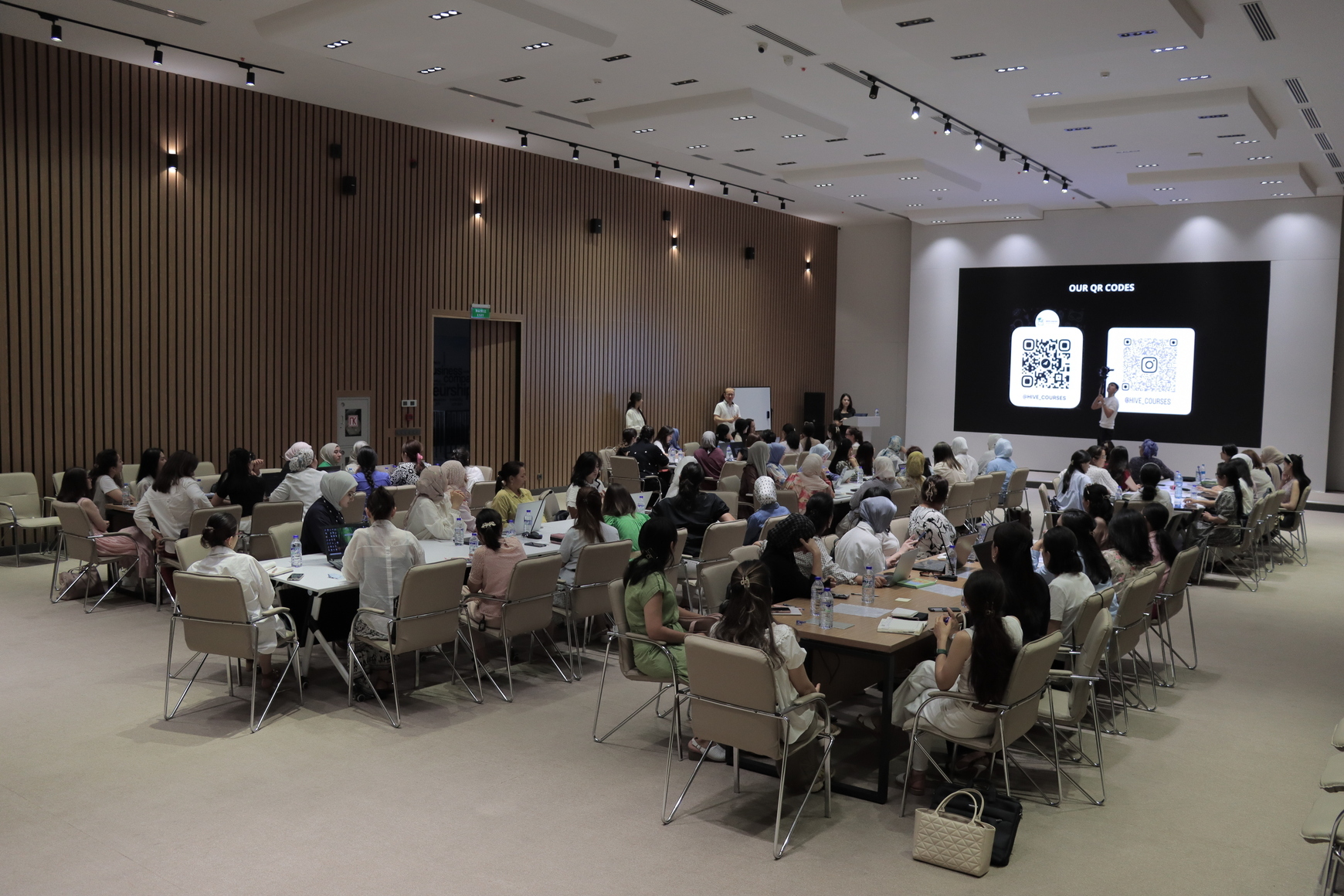"Academic English and Data Analysis Skills for Researchers in Uzbekistan"
This project aims to build the academic capacity of researchers in Uzbekistan by strengthening two foundational competencies: Academic English for publication and Data Analysis for empirical research. By equipping early-career researchers, PhD students, and university faculty with these critical skills, the project seeks to significantly boost the number and quality of research papers submitted to peer-reviewed international journals, particularly those indexed in Scopus and Web of Science.
Despite a growing interest in research publishing, scholars in Uzbekistan often face two persistent barriers: limited academic English proficiency for writing and submission, and inadequate technical knowledge of data analysis methods. This project directly addresses these gaps through intensive, hands-on training and mentorship.
Objectives
- To improve researchers' ability to write clear, well-structured academic manuscripts in English suitable for international publication
- To enhance researchers’ technical capacity in quantitative and qualitative data analysis using tools such as Stata, R, SPSS, NVivo, and others
- To guide participants in preparing complete, high-quality draft papers for submission to reputable journals
- To foster a culture of academic publishing and empirical rigor within local institutions
Target Participants
- Doctoral students (PhD)
- Early-career faculty members
- Research staff in universities and think tanks
- Independent scholars preparing articles for international journals
Participants will be selected from various disciplines in the social sciences, humanities, education, economics, and public policy.
Course Structure
The training course will consist of 30 comprehensive sessions, combining lectures, practical workshops, and personalized feedback. The sessions are divided into two core modules:
(i) Academic English for Research Publishing
- Writing effective titles, abstracts, and introductions
- Structuring literature reviews and identifying research gaps
- Describing methodology in academic tone
- Presenting empirical results clearly and persuasively
- Common linguistic and stylistic issues in non-native writing
- Navigating journal selection, formatting, and responding to reviewers
(ii) Data Analysis for Empirical Research
- Basics of data cleaning, descriptive statistics, and visualization
- Regression analysis (OLS, fixed effects, logit/probit)
- Panel data techniques and time-series methods
- Causal inference (e.g., difference-in-differences, RCTs, matching)
- Software training in Stata, R, or SPSS
Each session will be delivered by renowned researchers with international publication experience, including:
- Dr. Asongu Simplice (European Union) – Leading scholar in development economics and econometrics
- Dr. Jamel Saadaoui (European Union) – Expert in macroeconomics, financial systems, and publishing in Q1 journals
- Dr. Raufhon Salahodjaev (Uzbekistan) – Highly cited researcher with 100+ Scopus-indexed publications
- Dr. Karan Khurrana (Uzbekistan) – Applied econometrics and research training specialist
In addition to lectures, participants will receive mentorship and peer feedback on their own paper drafts throughout the course.
Expected Outcomes
- At least 50 researchers trained with improved publication readiness
- At least 30 complete draft manuscripts prepared for journal submission
- Improved confidence and self-efficacy in academic publishing
- Increased number of Scopus/Web of Science submissions from Uzbek institutions
- Strengthened institutional research capacity at participating universities
Long-Term Vision
This project will serve as a scalable model for national implementation, with the potential to establish a Center of Excellence for Academic Publishing and Empirical Research in Uzbekistan. It will also foster international collaborations by increasing the visibility and quality of local research.



